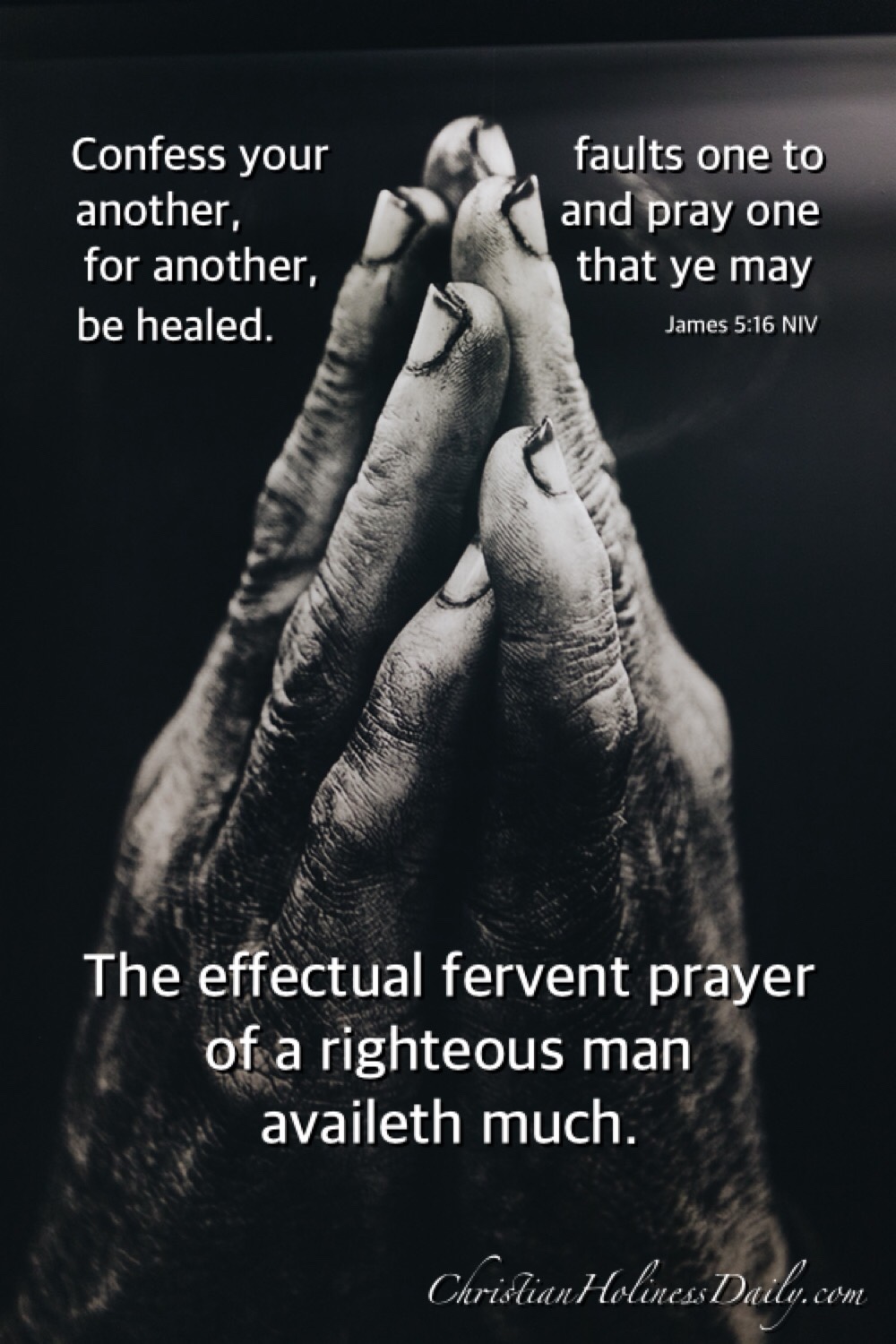 The Epistle of James is largely misunderstood. Many pastors avoid it because it speaks of the type of faith that compels change and they don’t want to offend parishioners who are largely content to remain unchanged. Others may avoid James because they believe it speaks of works as superior to faith. James asserts that faith without works is dead. In other words, if we really believe in Jesus Christ, then we will love God with all our heart and mind and strength and we will love our neighbors as much as we do ourselves and it will be obvious to all who look at us.
The Epistle of James is largely misunderstood. Many pastors avoid it because it speaks of the type of faith that compels change and they don’t want to offend parishioners who are largely content to remain unchanged. Others may avoid James because they believe it speaks of works as superior to faith. James asserts that faith without works is dead. In other words, if we really believe in Jesus Christ, then we will love God with all our heart and mind and strength and we will love our neighbors as much as we do ourselves and it will be obvious to all who look at us.
Two questions arise when I read the last half of James 5. First, will God answer the prayers of Christians who harbor sin? Secondly, what is the relationship between sin and sickness?
Let’s look at the first question. James tells us that the prayers of the righteous avail much. This implies that the prayers of the unrighteous avail little. Let’s step out of James to see what other New Testament writers say about this.
John tells us that God answers prayer because we keep His commandments and do what pleases Him. 1 John 3:22.
Jesus tells us in Matthew 6:15 that God forgives us only if we forgive others.
It seems plain that God answers the prayers of the righteous. Those who sin, though, separate themselves from God.
Likely, your heart just sunk. Mine did. I may never be righteous enough that God will answer my prayers. My actions may never please God.
God knows that. From the creation of Adam to today, there has been only one person whose actions entirely pleased God. There has been only one who is righteous: Jesus Christ.
God knows that we were born with a sinful nature. That is why He replaced it with the nature of Christ when you were saved. If we have faith in Christ our sins are forgiven and we are washed clean by the blood of the lamb. To ask God to forgive our sins because of our faith in Christ and His sacrifice, and for God to count the righteousness of Jesus as our own righteousness… Well, that is the only way our prayers will ever be heard.
Why, then, do we feel condemned and unworthy when we try to pray? That, too, is human nature. Read what John says about sin and prayer in context (1 John 3:20-24 NIV):
This is how we know that we belong to the truth and how we set our hearts at rest in his presence: If our hearts condemn us, we know that God is greater than our hearts, and he knows everything. Dear friends, if our hearts do not condemn us, we have confidence before God and receive from him anything we ask, because we keep his commands and do what pleases him. And this is his command: to believe in the name of his Son, Jesus Christ, and to love one another as he commanded us. The one who keeps God’s commands lives in him, and he in them. And this is how we know that he lives in us: We know it by the Spirit he gave us.
God is greater than our deceitful hearts. He knows everything. Just believe in Jesus, and love one another and we will be counted as righteous.
If we have believed in Christ but continue living in sin, then we make God out to be a liar and our prayers are gibberish. We should confess our sins to God and our brothers and sisters in Christ before expecting them to be answered. Again, only if we confess and put our faith in Christ and love one another will we be considered righteous (because of His sacrifice on the cross). Hard words to hear, harder yet to obey, but they are the words of God.
If we confess our sins, he is faithful and just and will forgive us our sins and purify us from all unrighteousness. 1 John 1:9 NIV
